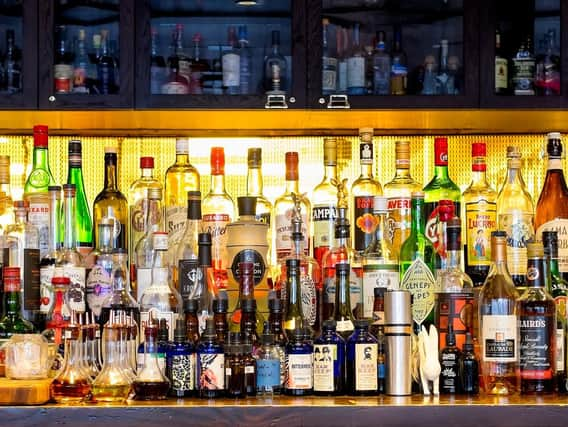'Oot yer tree': 30 uniquely Scottish words to describe being drunk - and their origin
If you live in Scotland - or have Scottish relatives - then you will probably have heard these words being used before.


Our country’s reputation for drinking has a vocabulary to match, with many words to describe being worse for wear. But where do these terms originate? The North-east of Scotland provides plenty of Doric terms for those “awa’ wi’ it” or “stoatin’ aboot”, and some are shared with the North of England and Ireland. Here we look at 30 words that describe being drunk...